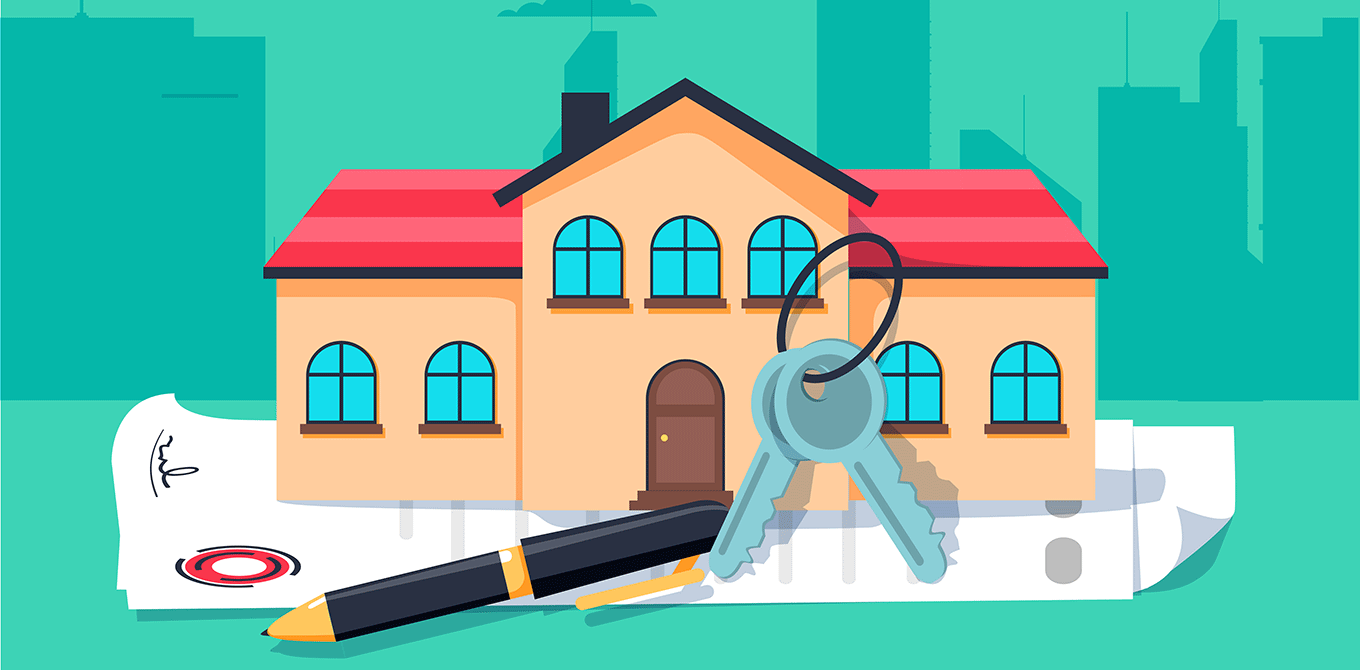Mortgage 101: Common Terms You Should Know Before You Buy a Home
If you’re thinking (make that dreaming) of buying or refinancing a home, understanding key mortgage terms is crucial to making informed decisions about financing. Before you start your journey, familiarize yourself with these 12 important mortgage terms.
1. Fixed Rate Mortgage
Fixed-rate mortgages are one of the most common types of real estate loans. It’s a type of loan secured by real estate and has an interest rate that remains unchanged during the mortgage term. This type of mortgage is ideal for borrowers who want to lock in their interest rate and know how much interest they’ll pay over the life of their loan.
2. Adjustable-Rate Mortgage (ARM)
An adjustable-rate mortgage (ARM), also called a variable-rate mortgage, is a loan with an interest rate that adjusts over time based on the market. ARMs typically have a lower initial interest rate than fixed-rate mortgages, so an ARM is an option if your goal is to get the lowest possible mortgage rate starting out. But it’s important to know that rates will fluctuate.
3. Mortgage Points
Mortgage points, also known as discount points, are fees a homebuyer pays directly to the lender in exchange for a reduced interest rate. This helps lower the overall amount of interest you pay over the term of the mortgage. Typically, one point equals 1% of the total loan amount.
4. Closing Costs
Closing costs are additional fees associated with your home purchase. Some are paid to your lender, and others to third parties such as appraisal, inspection, and title companies to finalize and fund your loan. There are several types of closing costs, with most being paid by the buyer, but some are paid by the seller. Buyer closing costs are usually between 2% to 5% of the home’s purchase price.
5. Private Mortgage Insurance (PMI)
Private mortgage insurance (PMI) is a type of mortgage insurance you might be required to buy if you take out a conventional loan with a down payment of less than 20 percent of the purchase price.
6. Amortization
Mortgage amortization is how a home loan is paid down. The debt diminishes slowly at the beginning and then rapidly toward the end. Monthly mortgage payments are equal (excluding taxes and insurance), but the amounts going to principal and interest change every month.
7. Escrow or impounds
An escrow account (also called an impound account depending on where you live) is simply an account maintained by the mortgage lender to collect insurance and tax payments that are necessary for you to keep your home but are not technically part of the mortgage. The lender divides the annual cost of each type of insurance into a monthly amount and adds it to your mortgage payment.
8. Earnest Money Deposit (EMD)
Earnest money is a deposit made to a seller that represents a buyer's good faith to make a purchase such as the acquisition of a new home. The money gives the buyer extra time to secure financing and conduct the title search, property appraisal, and inspections before closing. While the buyer and seller can negotiate the earnest money deposit, it typically ranges between 1% and 2% of the home's purchase price.
9. Equity
Equity is the difference between what you owe on your mortgage and what your home is currently worth. As you pay down your mortgage, the amount of equity in your home will rise. Your equity will also increase if the value of your home jumps. Your equity can decrease if your home’s value drops at a rate faster than the speed at which you’re paying down the current mortgage balance.
10. Refinance
Refinancing, also known as “a refi,” is a way for borrowers to restructure their mortgage for more favorable terms. During the mortgage refinance process, you might secure a lower interest rate, switch to a longer or shorter term, change from an adjustable-rate mortgage to a fixed-rate mortgage, or cash out some of the equity you’ve acquired in your home.
11. Prequalification
Prequalification is an early step in your homebuying journey. When you prequalify for a home loan, you’re getting an estimate of what you might be able to borrow, based on the information you provide about your finances, as well as a credit check. It’s an opportunity to learn about different mortgage options and which one might be a good fit for your situation. It is different than “pre-approval.”
12. Pre-approval
A pre-approved mortgage is a determination by the lender to loan you a certain amount of money. It’s not a final decision and is usually only valid for 90 to 120 days. The final decision may depend upon whether the appraisal of the real estate is high enough to protect the lender in the case of default, if the title is clear, if the property meets inspection standards, and other factors.
By understanding these terms and working with a reputable lender, you'll be better prepared to navigate the journey of home financing and make smarter decisions about your mortgage.




